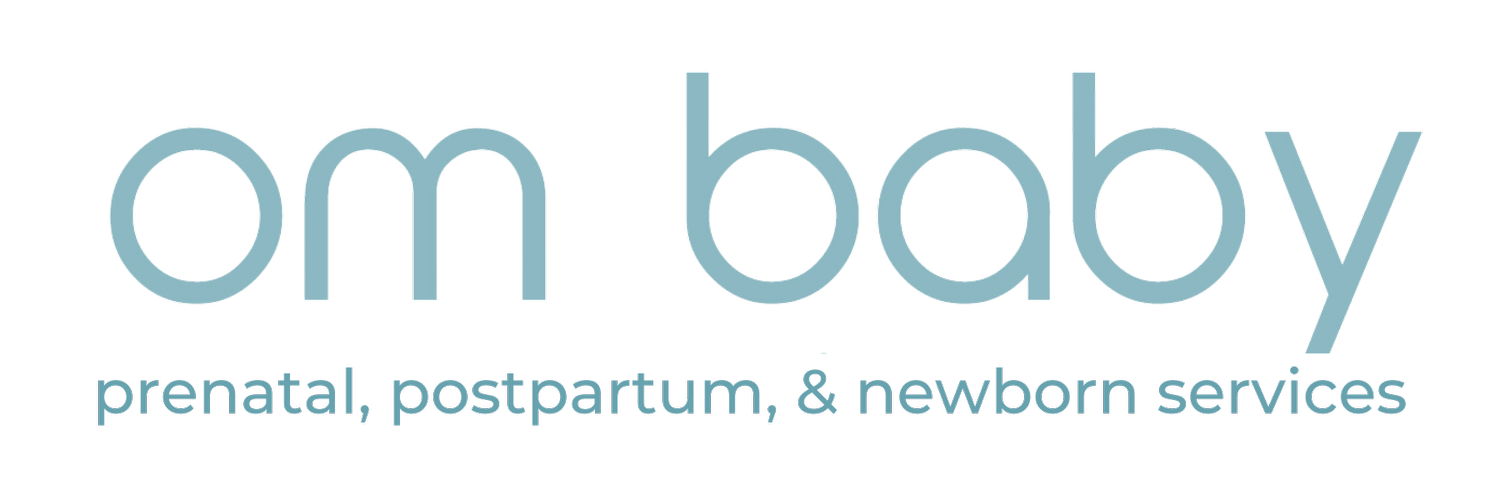Building a Secure Attachment with Your Baby
Building a Secure Attachment with Your Baby
You are the most important person to your baby. Your baby’s brain will develop rapidly in the first two years and continue to develop throughout life. Your child’s relationship with you is one thing that impacts the way s/he develops.
In a loving, safe relationship with you, your baby experiences important brain activity. Additionally, from these positive early life experiences, your child will have an eagerness to explore, healthy coping skills, and feelings of both trust and empathy for others.
Your baby needs you to protect her, feed her, and comfort her. Newborns feel safe and secure when they are in your arms or held close to your body in a loving way. Most parents and babies relax more when there is comfort, connection, and security.
A secure attachment is when parents are capable of interpreting their baby’s language (cues, movements, behavior, and eventually words) and can respond with compassion. Of course, no parent is perfect, but a focused effort to meet your baby’s needs will have long lasting effects.
How do I create a secure attachment with my baby?
Hold and cuddle your baby. Touch is reassuring to your baby and provides a feeling of safety. Skin to skin helps both parents and baby feel calm and relaxed.
Make eye contact. Gaze into your baby’s eyes when feeding, playing, and changing diapers; share facial expressions of joy and excitement.
Watch and listen to your baby. Try to notice her early cues such as back arching, hand sucking, and grunting so you can quickly meet her needs and avoid excessive crying. Comfort your baby every time she cries. When your baby cries, it is a signal that she needs you for food, comfort, or reassurance.
Speak in a warm, soothing tone of voice. Connect with your baby by smiling, singing, storytelling, or talking in a sweet, comforting voice.
Maintain realistic expectations of your baby. Your baby cannot soothe himself or verbally tell you his needs until he is older than one year. Until then, he will completely rely on you to help him.
Practice being fully present. Give your baby your full attention periodically throughout the day. This may mean being free of distractions such as cell phones and television.
Practice being self-aware. Notice when you are tired, anxious, angry, or frustrated, and take care of yourself. You are better able to meet your baby’s needs when you are aware of your own need
Interpreting Baby's Language
Notice how your baby already has ways of communicating with you. Babies have “cues” to let you know what they need. The more you can tune into your baby’s cues, the easier it is to meet his needs.
For example: How do you know when your baby is hungry? Tired? Uncomfortable? Wants to be held? You can help Mom realize she’s already been interpreting cues and knows a lot about what her baby needs.
Responding with Compassion
Touch: Newborns love gentle touch, rocking, cuddling, and comfort.
Skin to skin: Lay baby on your bare chest with just her diaper on. She is able to regulate her breathing and temperature, which allow her to sleep for longer periods of time.
Infant massage: When using lotion or oil gently rub her arms, legs, belly, back, and chest.
Wear your baby: Put your baby in a carrier and keep her close.
Talk, sing, and read to your baby: When he hears your voice, it is soothing and comforting.
The Benefits of a Healthy Attachment
Important early brain development that impacts your baby’s ability to learn Parents develops an awareness to their baby’s needs (such as sleep, food, and play) The baby develops trust in his parents
The baby is eager to learn, explore, and experience the world around him
Parents experience more self-confidence and emotional regulation
When babies develop a secure attachment bond, they are better able to:
Enjoy being with others
Maintain emotional balance
Share their feelings and seek support Develop fulfilling intimate relationships Rebound from disappointment and loss
Feel confident and good about themselves

